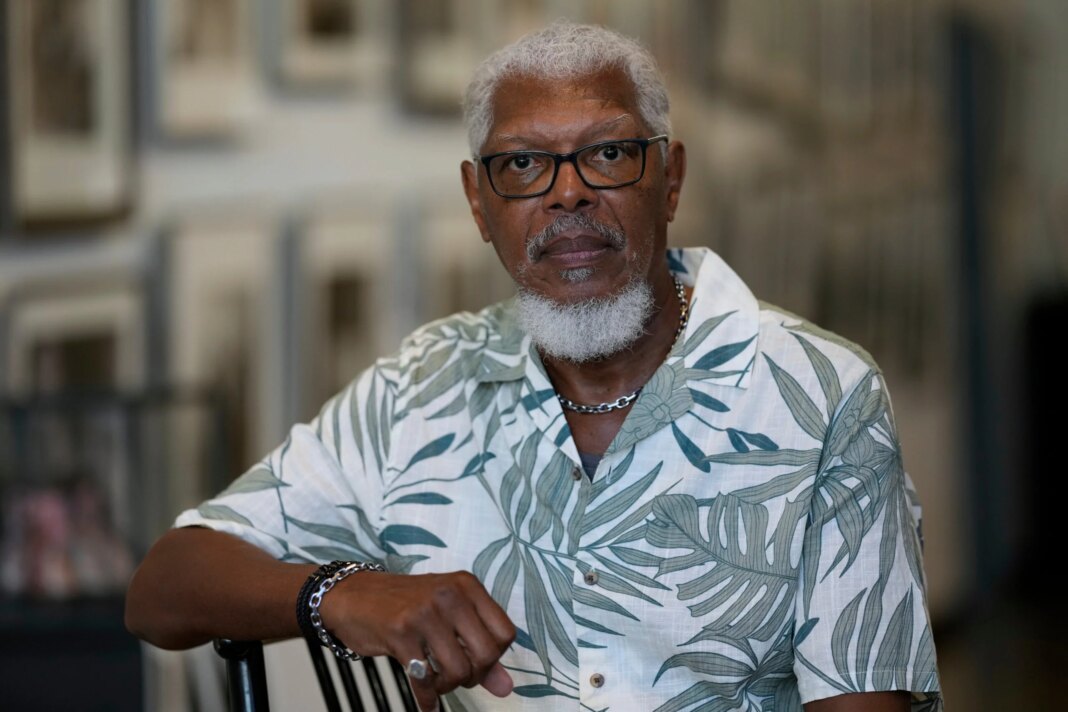National Guard Troops in Memphis: A Historical Perspective
Historical Echoes
As National Guard troops return to Memphis, the haunting memories of their presence during the tumultuous days of 1968 linger in the minds of many longtime residents. Joe Calhoun, an activist who marched alongside sanitation workers and civil rights leaders like Rev. Martin Luther King Jr., recalls the unsettling atmosphere of those times. He remembers the streets patrolled by soldiers wielding bayonetted rifles and the sense of discomfort that permeated daily life. “You felt very uncomfortable just going about your daily routine, especially at night,” Calhoun reflects, revealing the stark contrast between peaceful living and the tension of military presence.
The Catalyst of Change
The military’s involvement back in 1968 stemmed from a tragic incident involving a malfunctioning garbage truck that claimed the lives of two sanitation workers. This event ignited a protest led by King in support of the predominantly Black sanitation workers, who demanded fair treatment and better working conditions. The march turned violent, leading to clashes with police and tragically culminating in the fatal shooting of a 16-year-old. In response, the National Guard swiftly deployed to restore order, marking a pivotal moment in the city’s struggle for civil rights.
Memories of Violence and Fear
Al Lewis, who was just 14 at the time, remembers the chaos that followed King’s assassination on April 4, 1968. The sounds of gunfire filled the air as unrest surged through Memphis and other U.S. cities. “It was like an invasion of sorts,” Lewis recalls, noting the fear and excitement that mingled in his adolescent mind as soldiers marched through the streets and established curfews. The historical significance of the Guard’s presence loomed large, representing both a response to violence and a reinforcement of systemic oppression.
Recent Deployments and Current Context
Fast forward to the present, President Donald Trump recently announced the deployment of National Guard troops to Memphis, aiming to address rising crime rates. Governor Bill Lee supports this initiative, suggesting that the Guard would play a critical role in assisting local law enforcement. Unlike their predecessors, today’s troops are expected to undertake non-combat roles, focusing on support rather than suppression, with no tanks in sight. “I’ve got four grandchildren,” Calhoun shares, expressing his desire to prevent future generations from experiencing the harsh realities he faced.
A Changing Landscape of Law Enforcement
The city of Memphis has grappled with high violent crime rates, including assaults and homicides. While statistics show some improvement in recent years, many residents acknowledge persistent issues. The current deployment of the National Guard is perceived as a contemporary effort to remedy these problems, even as some community members express concern over the military’s involvement in civilian affairs. Mayor Paul Young envisions the Guard helping with community beautification and monitoring security cameras, a stark departure from their historical role of restoring order through intimidation.
Memphis: A City of Civil Rights
Memphis holds deep historical significance as an epicenter for the civil rights movement. Many citizens, like Calhoun and Lewis, bear firsthand accounts of the struggles that shaped their community. From Calhoun’s experiences of crafting “I AM A MAN” signs during the sanitation workers’ strike to Lewis’ recollections of Guard vehicles enforcing curfews, the city’s narrative is interwoven with moments of both hope and despair.
Reflections on Past and Present
Looking back at 1968, the military presence was a strong symbol of authority. Calhoun recaps how the National Guard’s show of strength—complete with armored personnel carriers and heavily armed officers—was a sight that instilled both fear and despair in the hearts of young residents. He articulated the feelings of unease that these armed soldiers evoked in a community longing for peace and justice, highlighting the stark contrast of military intervention against the backdrop of civil rights protests.
Voices from the Past Resonate Today
Despite the passage of time, the echoes of the past resonate palpably in today’s Memphis. The return of the National Guard stirs memories of both cherished victories and painful struggles. The challenges that Memphis faces today, while different in scale and nature, still demand a nuanced approach that respects community sentiment and historical context. The citizens of Memphis remain vigilant, drawing from their collective experiences in hopes of shaping a better future for the generations to come, even as they find themselves once again navigating the complexities of law enforcement, community safety, and civil rights.



